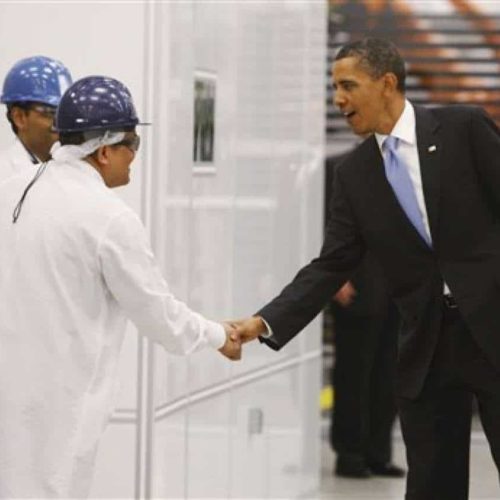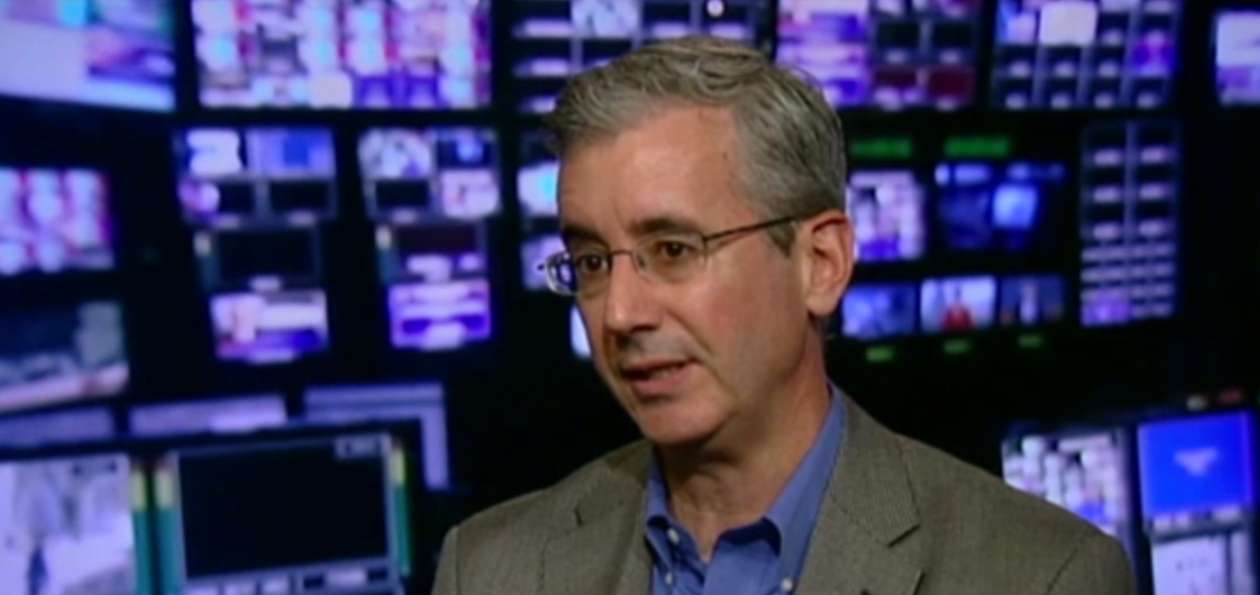Introduction

The collapse of the politically-connected solar energy firm Solyndra has unleashed a barrage of fresh questions from House and Senate investigators, who want to know why the Obama Administration agreed to invest $535 million in the now-bankrupt company, and what can be done to recover those funds.
The House Energy and Commerce Committee’s investigative panel announced it will hold hearings next Wednesday on the government’s Solyndra loan.
Separately, the Center for Public Integrity’s iWatch News and ABC News have learned that Senate investigators have begun seeking answers from the administration about the Energy Department loan. That development is significant, as the Senate is Democrat-controlled, and its interest signals that questions about the deal now extend to both parties in Congress. Earlier this year, the Republican-controlled House committee voted, along party lines, to subpoena the White House Office of Budget and Management for records on the financing.
“How did this company, without maybe the best economic plan, all of a sudden get to the head of the line?” said committee chairman Rep. Fred Upton, R.-Michigan. “We want to know who made this decision … and we’re not going to stop until we get those answers.”
The California firm shut its doors abruptly last week, firing 1,100 workers, and this week filed for bankruptcy. The company’s failure came after officials in the Energy Department had spent two years touting the company’s promise, and fast-tracked Solyndra through the normally cumbersome process of securing hundreds of millions in federal funds. All that help caught the attention of federal auditors, who questioned why the Energy Department granted it conditional loan approval even before completing the legal and marketing reviews that were typically required.
On Wednesday, iWatch News and ABC News reported that the federal loan to Solyndra came through the Treasury Department’s Federal Financing Bank, and was approved with a quarterly interest rate lower than that of any other federally-backed green energy project—a rate of 1.025 percent. (iWatch News and ABC News first reported on the Solyndra loan and the company’s political connections in March.)
Energy Department officials said the rates for all of its green energy loans were set by the bank using a formula, and Solyndra’s favorable terms were not the result of special treatment. “All borrowers under the [government loan guarantee] program receive the same treatment,” Energy Department spokesman Damien LaVera wrote to iWatch News and ABC News in response to questions.
Congressional investigators, though, have said they are still unclear why Solyndra was the first loan approved, why it received the most favorable lending terms, and why the administration gave the company so much attention – even sending President Obama to the company’s California headquarters to tour the plant and tout its potential.
While Energy Department officials steadfastly vouched for Solyndra—even after an earlier round of layoffs raised eyebrows—others questioned the viability of the company. Peter Lynch, a longtime solar industry analyst, said the company’s fate should have been obvious from the start.
“Here’s the bottom line,” Lynch said. “It costs them $6 to make a unit. They’re selling it for $3. In order to be competitive today, they have to sell it for between $1.5 and $2. That is not a viable business plan.”
Even after the bankruptcy, Energy officials have continued to defend the decision to not only loan the company money, but restructure the loan after the company began to struggle.
“The Department of Energy conducted exhaustive reviews of Solyndra’s technology and business model prior to approving their loan guarantee application,” said LaVera. “Sophisticated, professional private investors, who put more than $1 billion of their own money behind Solyndra, came to the same conclusion as the Department: that Solyndra was an extremely promising company with innovative technology and a very good investment.”
One of those private investors was George B. Kaiser, an Oklahoma oil billionaire who was a bundler of campaign donations for Obama’s 2008 race. Kaiser’s Argonaut Ventures and its affiliates have been the single largest shareholder of Solyndra, according to SEC filings and other records. The company holds 39 percent of Solyndra’s parent company, bankruptcy records filed Tuesday show.
Under terms of the bankruptcy filing, investors including Argonaut — which led a $75 million round of financing for Solyndra earlier this year — will stand in line before the federal government and other creditors to recoup its losses. Energy officials confirmed this arrangement, saying that after private investors including Kaiser recover $75 million, the U.S. government would have a chance to seek $150 million of its investment.
Kaiser has declined interview requests for months from iWatch News and ABC News. His Tulsa-based George Kaiser Family Foundation, which in 2009 cited a $342 million investment value in Solyndra, issued a statement after Solyndra’s collapse saying the solar firm faced “serious challenges in the marketplace, especially the drastic decline in solar panel prices during the past two years caused in part by subsidies provided by the government of China to Chinese solar panel manufacturers.”
Read more in Money and Democracy
Money and Democracy
Karl Rove-linked Crossroads has more than doubled its earlier fundraising goal of $120 million
Money and Democracy
FACT CHECK: Paul ‘stood with Reagan,’ but not long
Ron Paul cites his early connections with Reagan, but leaves out the story’s end


Join the conversation
Show Comments